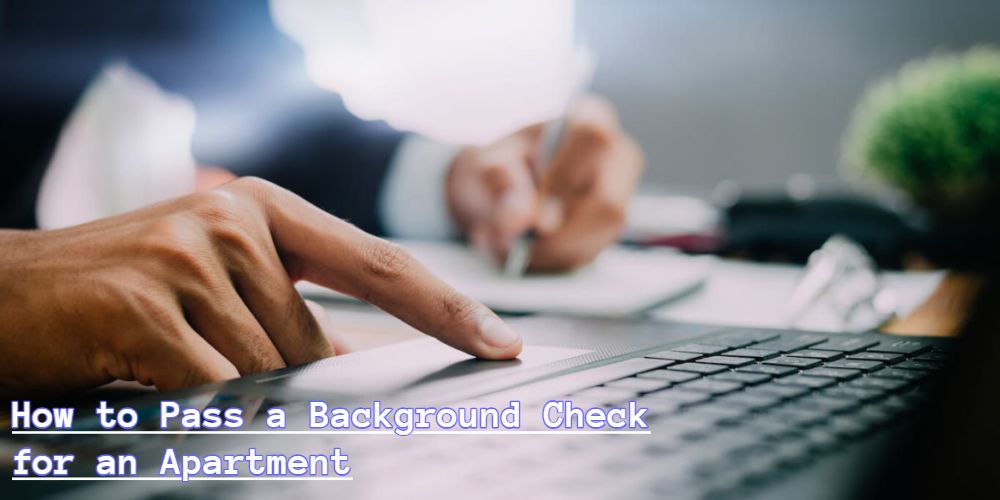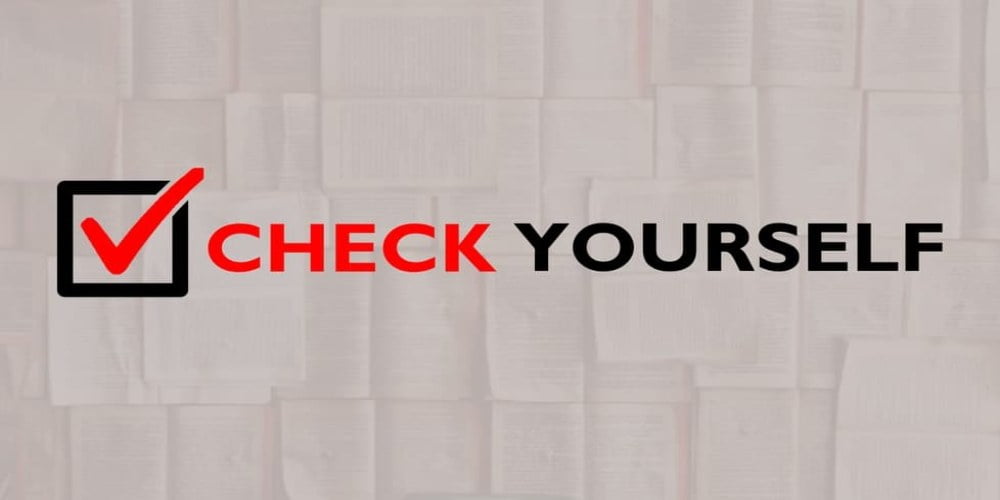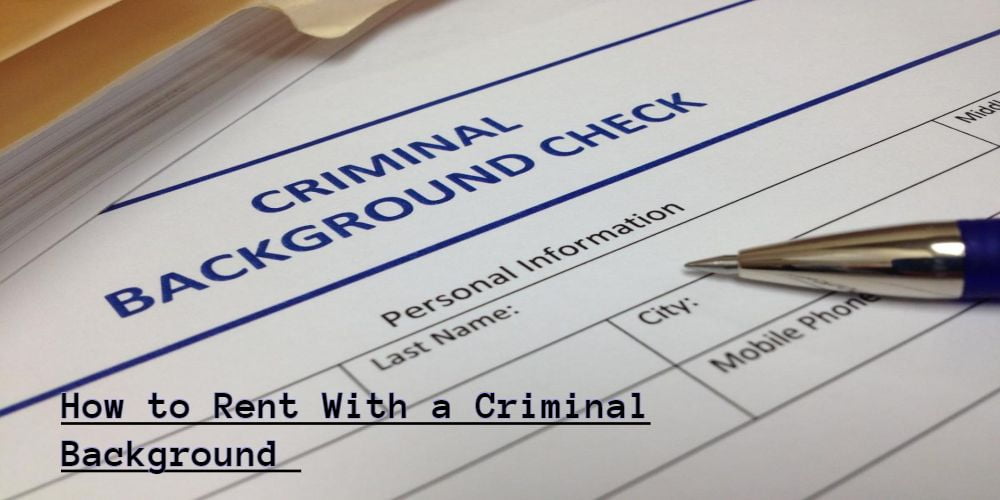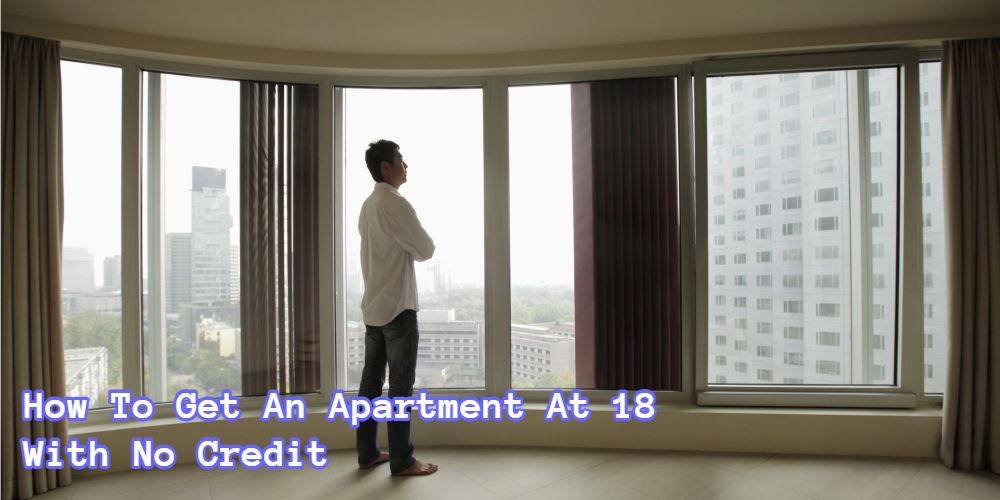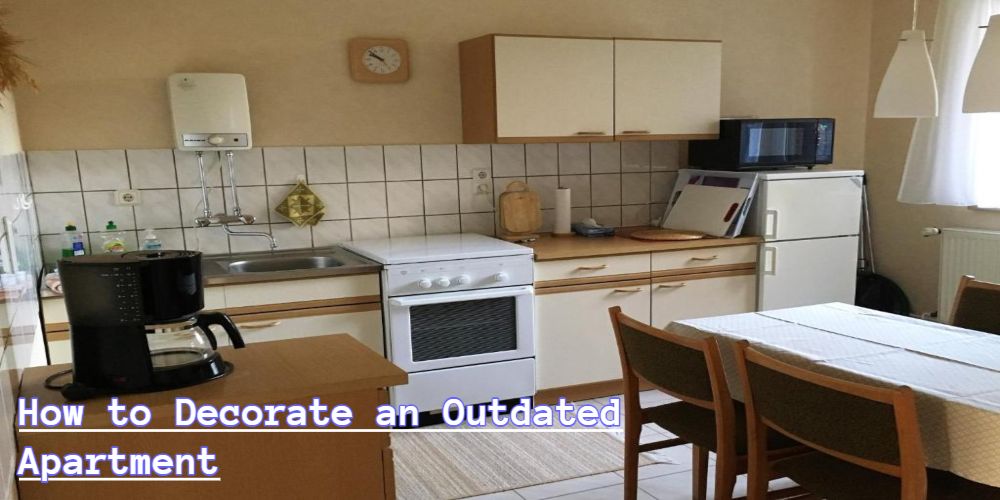Last Updated on October 12, 2021 by Kelvin Nielsen
A background check is a process that landlords consider vital and essential. Among many things, it reveals the financial stability, renting history, and criminal background of prospective tenants. And this can help the landlord get tenants of their desired caliber.
But, while it’s good for the landlord’s bottom line, as a tenant, a background check can be scary. This is because you don’t know what your background check will come up with. However, you may be able to prepare yourself better if you know what the entire process entails.
In today’s article, we’ll look at what a background check examines and how to pass it. Let’s get down to it.
What exactly does a background check show?
Though a background check can reveal a lot of things, landlords are majorly interested in your:
- Credit score,
- employment history,
- renting history,
- and criminal background.
Before the landlord even gets to it, it’s a good idea to run a background check on yourself. Simply ask for your full credit report and police records, and see what exactly is there. That way, you can come up with a plan of action and explanations for any discrepancies.
The following are the things that landlords will look for in background check and the remedy for each case.
1. Credit Score
Landlords check this to establish whether you can make prompt rental payments every month. Your credit score is a figure and a myriad of things can contribute to the score. Among many factors, your existing loans, payment history, and current collection activities can make or break your credit score.
Broadly speaking, landlords will set a credit score of 600 as the bare minimum. So, what do you do if you don’t meet this requirement?
How to deal with a low credit score
A poor credit score doesn’t mean a straight out rejection. Even though it raises a red flag, landlords are likely to look at your credit history for patterns. If, for instance, you were punctual on bills until something unforeseen happened, you could stand a chance.
Besides, you can prove to the landlord that you’re making efforts to settle outstanding bills. Regardless of the kind of bill it is, show the landlord bank statements that reflect the payments you’re making. That way, the landlord will see you’re serious about restoring your financial stability.
In some cases, you might even find that you don’t have a credit history. Still, it could be far below 600 but you can’t prove your reliability. If so, have a guarantor or someone close to you cosign the lease.
2. Employment History
Landlords will also want to verify that you have a steady income. In particular, they’ll ideally want your income to be at least three times the rental amount. So, for example, if the rental price is $1,000, then most landlords would expect you to make at least $3,000 in monthly income.
How to prove you have steady income
If you have regular month-to-month work, you can show your pay slips or stubs. Also, you can give your employer’s references to ascertain that you work for them.
If you run your own business or are self employed, your bank statements should cut it. Make copies of your latest three statements and turn them in. You’ll pass this test if the landlord sees some tangible money is running through your accounts.
3. Renting History
Here, the landlord will want to learn a few things from previous landlords. The following are some questions that your landlord may want to ask.
- Were you always consistent in paying rent?
- Did you cause any negligent property damage?
- Did your neighbors regularly complain about noise issues in your apartment?
- Does the landlord know that you’re looking to move out?
- Did you keep your unit clean?
How to deal with a bad rental history
All hope isn’t lost if you have a bad rental history. The following are some of the things you could do to patch things up.
- Have a cosigner sign the lease agreement. This is a great way of reassuring a landlord that you’ll be a good tenant in the future. A cosigner can be a trusted friend or even a parent that guarantees to pay rent or fix repairs on your behalf if you fail to do so.
- Offer a significant security deposit. In most states, landlords require tenants to pay a security deposit equivalent to the rent of one month. But since the odds are against you, you may be able to salvage the situation by offering a larger deposit. For instance, 2X the rent amount. This way, the landlord will have enough funds to use in case you fail to adhere to the terms of the lease.
- Focus on compensating factors. Even with bad references, poor history or low credit rating, you may still have some strong points that may be reassuring to your landlord. For instance, you can supply the landlord with a reference letter from your employer confirming your ability to pay rent. Also, you may have an associate vouch your good character.
- Work directly with the property owner. Smaller landlords usually have far more flexibility than larger landlords and property management companies. Most property owners will give more weight on your personal story rather than on your rental background.
4. Criminal History
Criminal convictions can notably factor into the background check. Crimes can either be non-victim or victim. The former include offenses like unpaid parking fees and there is no cause for worry if that’s the case. If the offenses are, however, as serious as robbery, violence, assault, landlords can take a pause.
While arrests and other police charges could disappear after 7 years, criminal convictions can permanently remain on record. Nonetheless, you can still rent with a criminal background.
How to pass a background check with a criminal history
You can prove to your landlord that you have changed for the better by showing some documents. These can include educational pursuits, positive character testimonials, completed counseling or participation in community service. Also, with proof of positive actions, you can ask the court to amend your criminal record.
What do I do if I don’t pass a background check?
If you’re not approved, you have two options: to apply again, this time being more transparent, to try second chance apartments. Second chance apartments are managed by landlords and it’s not so tough to get your application accepted.
How much does a background check cost?
Typically, the application fee will cover the background check. This will cost anywhere between $30 and $50 in most areas. While some states have put a price cap, others haven’t. So, be wary of landlords who will charge exceptionally high for no apparent reason.
Do all apartments perform background checks?
Background check is a mandatory process for most apartments. However, thoroughness will depend on whether the management is a landlord or a property management company. Unlike landlords, companies are particularly keen and will disqualify you on the slightest red flag.
Passing a background test is certainly not impossible. If you want your bid to be a sure one, first run a check on yourself. Once you’ve done that, have a plan of action for anything that could disqualify you. Happy apartment searching!

Hi, I’m Kelvin Nielsen, an experienced landlord and accomplished real estate lawyer. My focus is on answering your questions about renting in the hopes of making your life as a renter or a landlord a bit easier.

